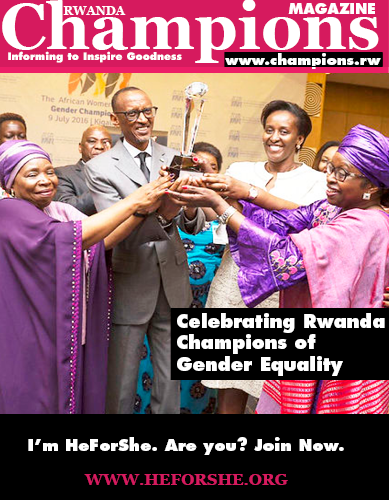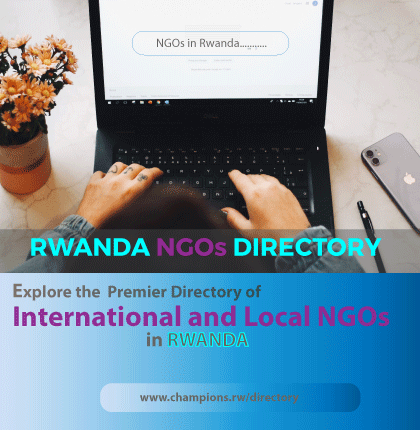UN Women Rwanda launches $6.3 million plan to boost women’s empowerment
UN Women Rwanda has launched a new four-year strategic plan that will require about $6.3 million to expand programs (…)

African women leaders are calling for greater solidarity and collaboration to help more women attain leadership positions across the continent, saying mutual support is the surest way to close persistent gender gaps in decision-making.
The appeal was made during a continental forum held on Oct. 27, 2025, in Kigali, which brought together women leaders from politics, academia, civil society and the private sector to discuss strategies for advancing women’s participation in governance.
Prof. Oluwafunmilayo Josephone, chair of the African Women Leaders Network, said women remain underrepresented in leadership roles across Africa and called for urgent measures to ensure equal participation.
“In my country, Nigeria, women are still very few in leadership positions,” she said. “This forum brings together women from different sectors to explore how we can make women’s presence and influence stronger in decision-making spaces.”
Memory Kachambwa, executive director of the Feminist Movement for Economic Transformation (FEMENT), compared Africa’s development to “a bird trying to fly with one wing.”
“As long as only men hold power, we cannot soar,” she said. “Many women have been left behind to the point of doubting their own abilities. That self-doubt keeps them from seeking leadership positions, and we must change that mindset.”
Kachambwa urged African governments to adopt inclusive policies that make it easier for women to enter leadership roles, arguing that empowerment must be structural as well as psychological.
Sen. Dr. Usta Kaitesi said Rwanda’s experience shows progress is possible when inclusion is a national priority.
“Rwanda serves as a classroom for others,” Kaitesi said. “We have built institutions that prepare future leaders and show what’s achievable. This forum should inspire women to share experiences, identify barriers, and replicate success stories across Africa.”
Rwanda leads the world in women’s parliamentary representation, with women holding 63.75% of seats in the lower chamber and 50% in the Senate.
The conference was organized by the African School of Governance (ASG) in partnership with the United Nations Development Programme (UNDP) and the African Union Commission (AUC).
Participants agreed that mentorship, solidarity and supportive legislation are key to ensuring women have an equal voice in shaping Africa’s future.
UN Women Rwanda has launched a new four-year strategic plan that will require about $6.3 million to expand programs (…)
UN Women Rwanda has launched a new four-year strategic plan that will require about $6.3 million to expand programs (…)
Women for Women International (WfWI) has appointed Nigerian development expert Thelma Ekiyor as its new global chief (…)
Minister of Gender and Family Promotion, Consolée Uwimana, told rural women Wednesday that living in the countryside (…)

